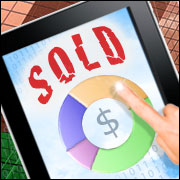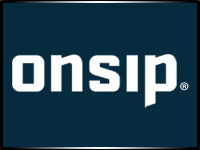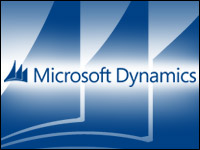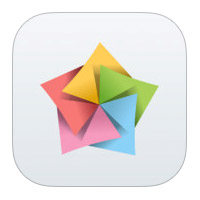
AppMesh, a 2-year old provider of a mobile CRM application, recently came out of the gate with the second iteration of its flagship product, SalesMesh. Version 2.0 is a major leap in functionality for the app that builds on the cofounders’ vision of developing a personal sales system for the sales rep.
“CRM has made a lot of advances over the years,” cofounder Thomas Tobin told CRM Buyer. “What it hasn’t addressed, however, are the needs of reps as individuals.”
Problem areas range from cumbersome and repetitive manual entry of data, to keeping track of conversations and leads that are too fledgling to incorporate in the official sales funnel, and being able to relay this unofficial, unstructured data to their managers in a simple way.
SalesMesh Version 1.0 addressed some of those issues, Tobin said. Now, with the rollout of Version 2.0, the others are being addressed as well.
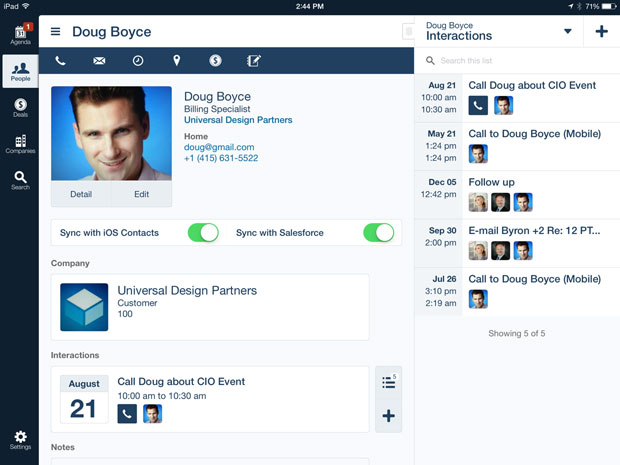
“What we have now is an application that answers reps’ needs and helps them be more productive, which in turn is helpful to their companies,” Leo Tenenblat, CEO and cofounder of AppMesh, told CRM Buyer.
The First Layer
SalesMesh Version 1, which mainly targets individual interactions, laid the foundation for AppMesh’s vision, Tenenblat said. “We didn’t want to focus on the interface between the rep and his company — as we went on to do in Version 2.0 — at that point. We wanted to get the rep to be productive on his own.”
Version 1 offers reps such features as automatic email and call tracking on their devices. It allows them to keep track of emerging opportunities — calls that didn’t necessarily make it into the official CRM pipeline, but could be nurtured along to eventually become legitimate leads worthy of inclusion.
“We made it very easy for the rep to keep track of these calls so nothing would fall through the cracks, Tenenblat said.
With more relaxed tracking, reps are free to follow up however they feel makes the most sense — if at all.
“Our goal was productivity and efficiency for the rep with Version 1.0,” Tenenblat said — “nothing more.”
Move to Corporate Interface
From that platform, AppMesh began building an interface for the rep to the corporate database. New features in Version 2.0 include a bidirectional sync with Salesforce.com, a redesigned user interface to make navigating all of the new data easier, and linkages between structured and unstructured data.
The bidirectional sync between Salesforce.com and SalesMesh means that reps can send over related notes to supervisors, for example, with the push of a button.
These related notes might be the activity logged before a deal went into the pipeline, or unstructured data — such as a tip that a certain contact was friends with the CEO of the prospective target.
It is a selective decision of the part of the rep whether to share this information or not, Tobin said.
Version 2 includes a new design, since reps have access to so much more information, courtesy of that sync with Salesforce.com.
“We redesigned the interface so the most relevant information about an account can bubble up to the top right away for the rep to reference,” Tobin said.
For example, a longstanding account might have records and notes going back years. With Version 2.0’s new user interface, the most recent notes come up first.
A rep who doesn’t immediately find what’s needed can do a search to pull up older records.

